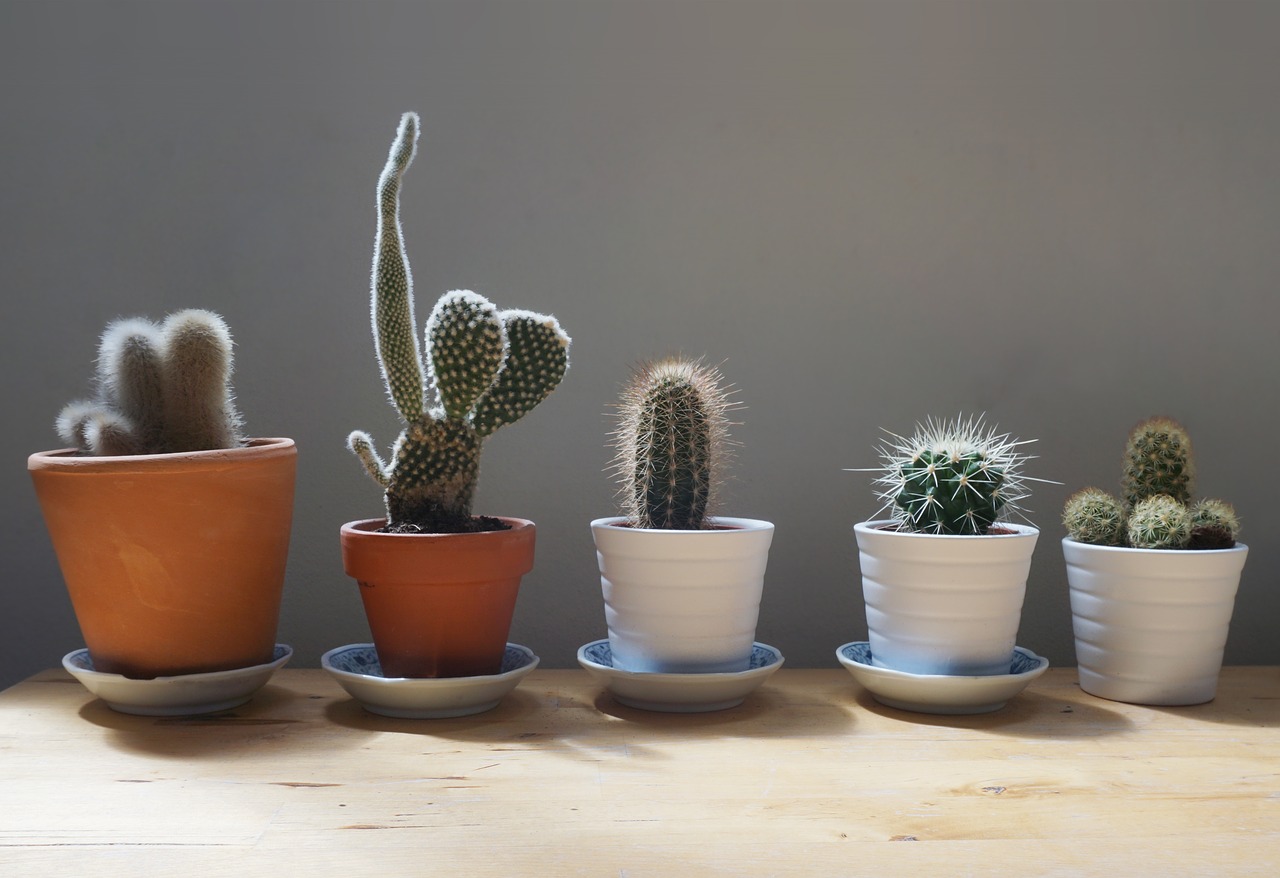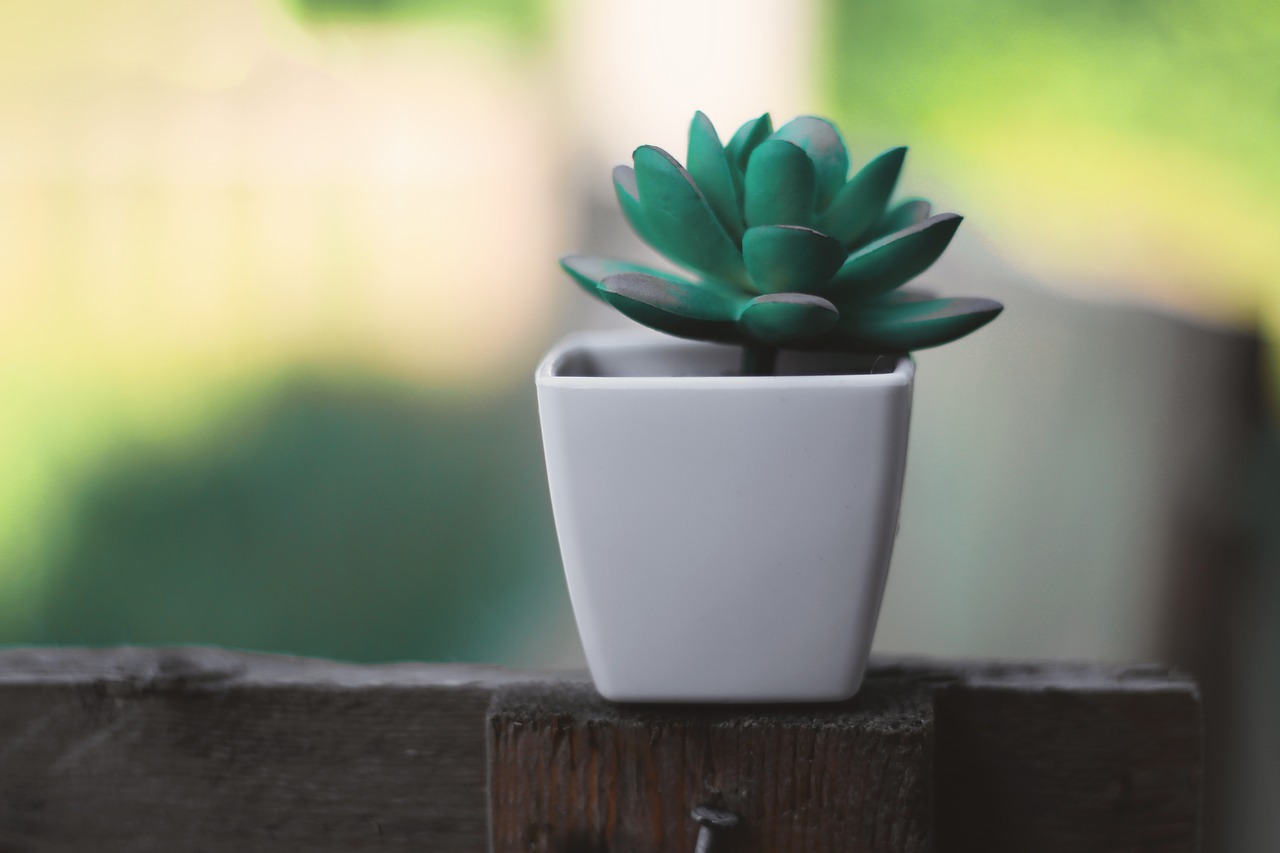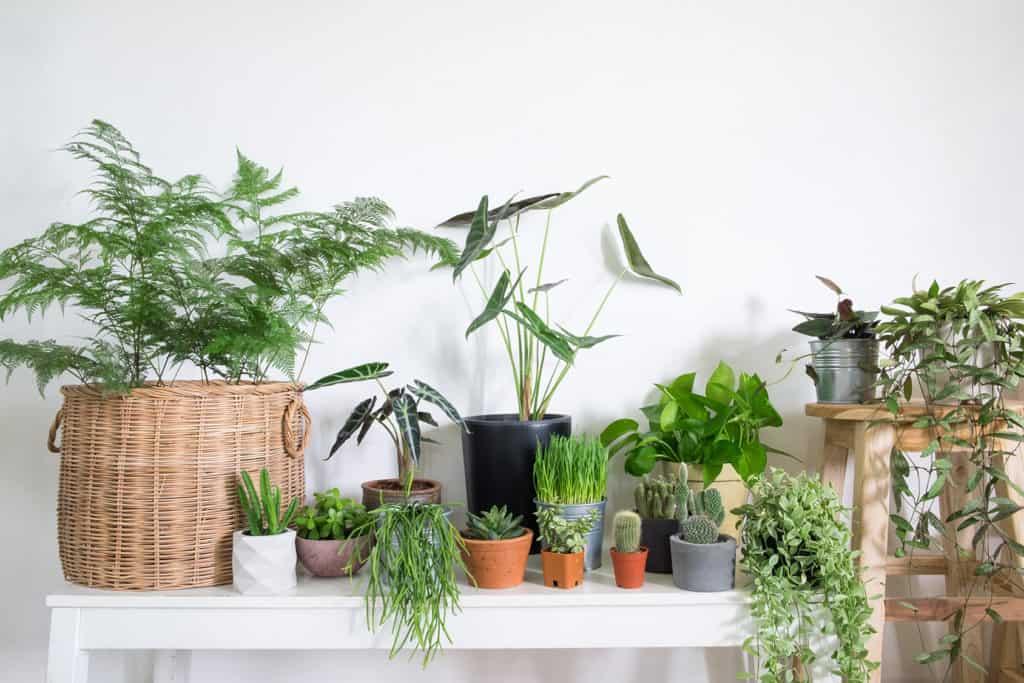Plants are not only pleasing to the eye, but they also absorb toxins and produce oxygen, keeping the air clean. You can improve your house's appearance with a touch of green while enhancing the air quality, resulting in a healthier living environment. To enjoy these benefits, you need to take care of your plants, especially during extreme weather conditions.
Here are some tips for caring houseplants in winter.
In Winter, Caring for Houseplants
Your plants will need extra care during winter, and their care routine will need to be modified a little. You will need to do the following:
· Change the watering routine
Some plants even go dormant in winter. During winter, plants require less water for hydration, which slows their growth. Watering your plant is not indicated by the upper layer of soil drying too soon. It's best to check the soil a few inches deeper before watering your plants. Some plants, such as succulents and cacti, have thick stems and leaves that store water. For healthy growth and maintenance, these require even less moisture.
· Monitor the level of Humidity
During the winter, the air inside homes is dry. You will find it even drier if you use any heating equipment. Thin leaves can survive in less humid air, but thick leaves need more moisture.
To increase air humidity, use these methods:
The plants will get the moisture they need in the air if you place humidifiers close to them during winter.
Plant Grouping:
A low amount of water is transpired through the leaves of plants. Group plants in the same space to create a micro-climate. Evaporated water can be utilized in this way.
Misting:
The leaves are temporarily moistened by misting. Spraying water on the leaves must be done repeatedly at intervals. Leaves will stay moist, but water will evaporate.
Humidity and plant placement:
Showers and boiling water in the bathroom and kitchen accumulate moisture, resulting in a more humid environment. Place your plants there if you have extra space in these areas.
Control of Temperature
Plants generally prefer tropical weather conditions and are comfortable in temperatures ranging from 18 to 26 degrees Celsius during the day and 10 to 18 degrees Celsius at night. In colder and hotter climates, their growth can be impaired, so you should know what temperature they are suited to. Plants should never be placed near fireplaces, refrigerators, or ovens emitting heat.
Sunset Relocations
Relating them to a brighter spot in the cold weather could also help them thrive. To ensure maximum exposure to light, remember to wash your windows from the inside and the outside. Houseplant leaves absorb sunlight better if misted or watered to remove dust.
· Check your Plant’s Diet
Some of your houseplants may also undergo this natural phenomenon during winter and grow new leaves in spring. In any case, they will grow at the bare minimum until next season. Once leaves and buds appear, you can resume fertilization. Just supply them with water, humid air, and sunlight to keep them alive. To prevent insect infestation, you will also need to monitor your plants closely for spider webs and take immediate measures to eliminate them.
For more, Keep connected and updated with www.SabzProperty.com










LEAVE A REPLY
Your email address will not be published. Required fields are marked *